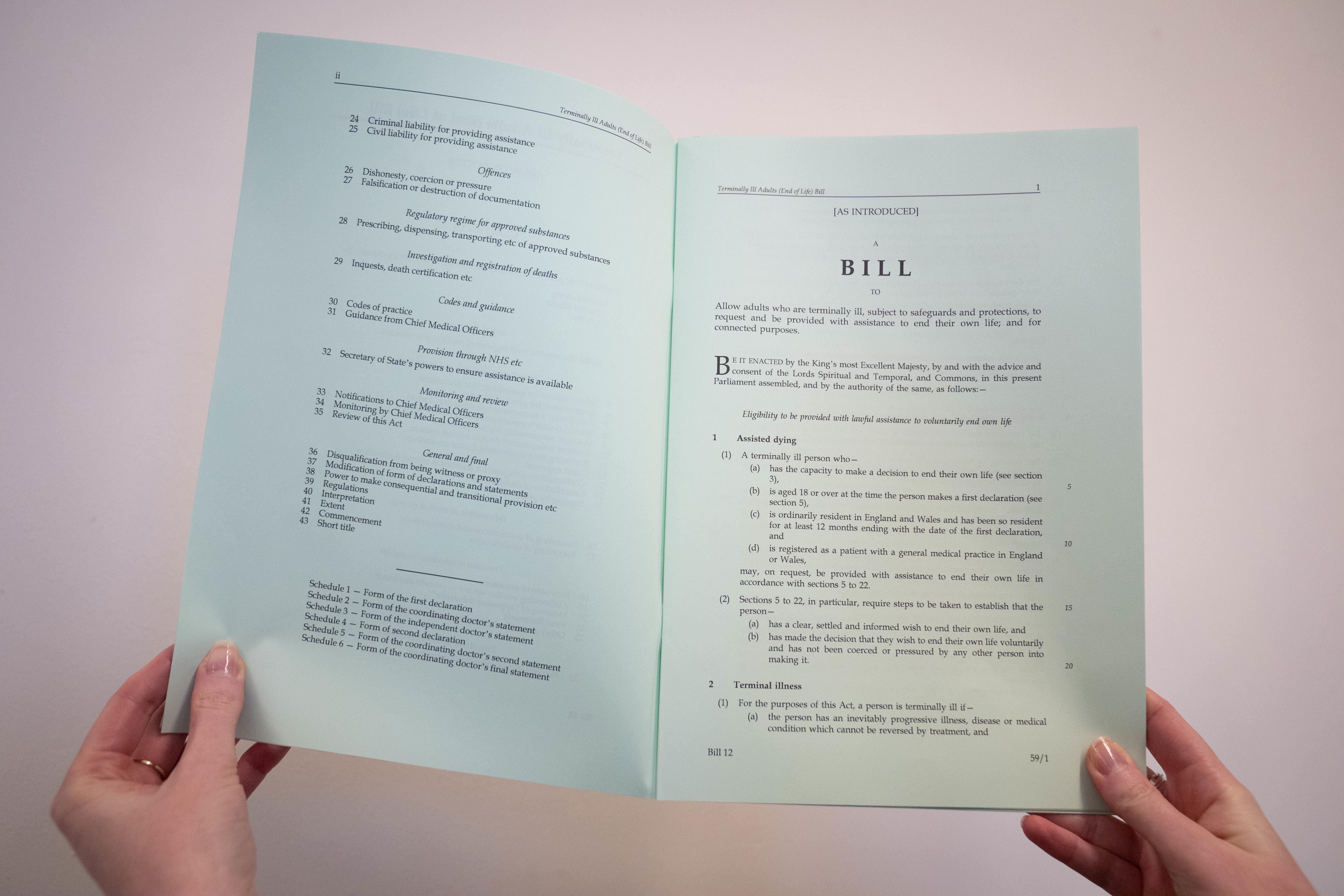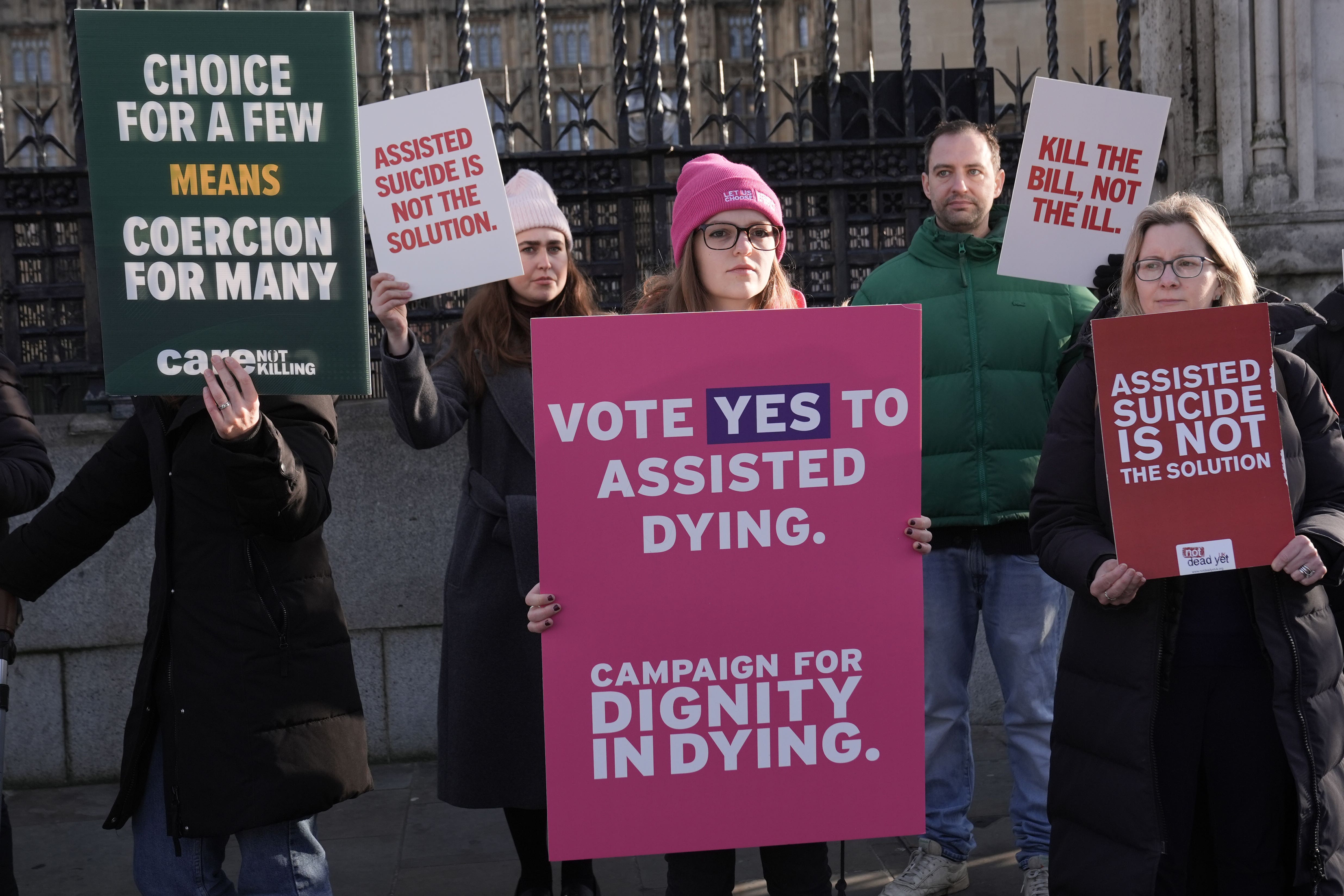
NHS staff and pharmacists will be allowed to refuse to take part in assisted dying procedures, under an amendment to the plans expected to be laid this week.
Kim Leadbeater, the MP behind the Terminally Ill Adults (End of Life) Bill, will put forward a change meaning that “no person” will have to participate in the process.
As first reported by the Guardian, changes will also be made to employment law so that nobody who refuses to take part can be dismissed or face disciplinary action as a consequence.
The legislation as it’s currently drafted means that doctors and other health professionals can refuse to take part, but a new amendment expected to be tabled this week by Ms Leadbeater is expected to say that “no person is under any duty to participate in the provision of assistance”.

This will mean that pharmacists and any other staff involved in the process will also have the right to not participate.
The Employment Rights Act is expected to be strengthened to protect employees who do not take part, and no reason will need to be given for opting out.
The plans – currently making their way through Parliament – would allow terminally ill adults in England and Wales with less than six months to live to apply for an assisted death, subject to approval by two doctors, and an expert panel.
Ms Leadbeater has said that she understands “not all people working in and around the health and care sector would want to participate in the provision of assisted dying”.
She added: “I promised during the lengthy committee hearings into the Bill that I would look at how we could extend the ‘opt-out’ provisions and that is what I will be proposing this week. As a result, nobody will be at risk of any detriment to their careers if, for any reason at all, they chose not to take part.”

The proposed legislation has gone through significant changes since it made it through an initial Commons vote in November.
The High Court safeguard has been dropped and replaced by expert panels, while the implementation period has been doubled to a maximum of four years for an assisted dying service to be in place, should the Bill pass into law.
A Government analysis released on Friday suggested that almost 800 assisted deaths might occur in the first year of a service being in place in England and Wales.
The 149-page impact assessment into the legislation said that the total number of assisted deaths is estimated to range from 164 and 787 in the first year, to between 1,042 and 4,559 in year 10.
The same document also set out potential costs of the service and reduced end-of-life care costs.
The establishment of a Voluntary Assisted Dying Commissioner and three-member expert panels would cost an estimated average of between £10.9 million to £13.6 million per year, the document said.
But it said it had “not been possible” to estimate the overall implementation costs at this stage of the process, which could include IT, recruitment and training and could begin to kick in within 12 months of the Bill getting Royal Assent.
While noting that cutting end-of-life care costs “is not stated as an objective of the policy”, the assessment estimated that such costs could be reduced by as much as an estimated £10 million in the first year and almost £60 million after 10 years.







